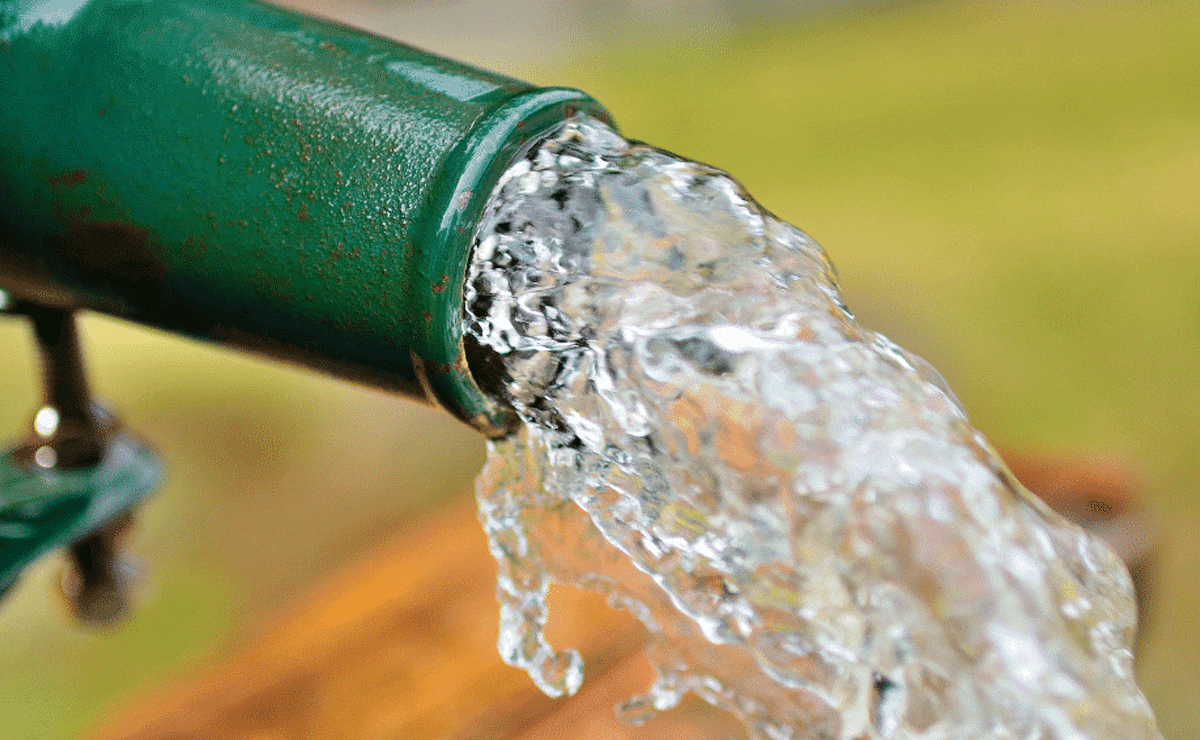Telangana: Danger in Every Drop: Borewell Water Found Contaminated in Hyderabad
Two peer-reviewed scientific studies have flagged severe groundwater contamination in parts of Telangana, including Hyderabad’s outskirts and Nalgonda district. The findings come amid HYDRAA’s ongoing crackdown on illegal tanker operators drawing water from polluted borewells near Sunnam Cheruvu

Hyderabad: Two peer-reviewed scientific studies have flagged severe groundwater contamination in parts of Telangana, including Hyderabad’s outskirts and Nalgonda district. The findings come amid HYDRAA’s ongoing crackdown on illegal tanker operators drawing water from polluted borewells near Sunnam Cheruvu
Table of Contents
Over 45% of Borewell Samples Unsafe for Drinking in Hyderabad’s Suburbs
Also Read: Shilpa Shetty Celebrates 18 Years of ‘Apne’ with Dharmendra and Sunny Deol
A study titled “Groundwater Quality in Parts of Hyderabad and Medchal-Malkajgiri Districts, Telangana, India: Hydrochemical and Geospatial Assessment”, published in Water Quality and Ecological Health (June 2025), analyzed 48 borewell samples from Alwal, Kapra, Kompally, and Ghatkesar.
Key Findings:
- Fluoride levels exceeded 1 mg/l in ~50% of the samples
- Nitrate levels reached as high as 209 mg/l (safe limit: 45 mg/l)
- High salinity and sodium content made water unfit for domestic and farming use
Researchers V. Yadagiri, A. Srinivas, and K. Krishnaiah linked the contamination to agricultural runoff, leaky sewer systems, and untreated effluents. Despite health risks, no public testing system or ward-level water quality alerts exist.
Nalgonda Groundwater Shows Alarming Contaminant Levels: March 2025 Study
A second study, “Groundwater Quality Assessment in Nalgonda District, Telangana” published in Environmental Sustainability and Climate Change (March 2025), tested 89 groundwater samples.
Key Findings:
- Fluoride exceeded 1.5 mg/l (BIS limit) in many locations
- Nitrate levels crossed 100 mg/l — more than double the safe limit
- Total Dissolved Solids (TDS) over 1000 mg/l in several areas
- Nearly 46% of samples were rated ‘poor’ or ‘unfit’ using Entropy Weighted Water Quality Index (EWQI)
Researchers warned of risks like fluorosis, kidney damage, and blue baby syndrome due to prolonged consumption of such water.
Private Water Tanker Surge Adds to Public Health Concern
In Hyderabad, over 2 lakh water tanker trips per month were recorded during summer 2025 as borewells run dry or draw from deeper, potentially more polluted aquifers. With no mandatory testing or reporting mechanism, many households unknowingly consume contaminated groundwater.
HYDRAA’s enforcement actions against illegal water sales near Sunnam Cheruvu highlight the growing concern, but experts urge a more systematic and transparent approach to groundwater monitoring.
Urgent Need for Public Awareness and Regular Water Testing
Both studies underscore the lack of a statewide, publicly accessible water quality database. With borewells as the primary drinking source for thousands, researchers recommend immediate:
- Ward-wise water testing
- Public disclosure of contamination risks
- Health impact assessments in vulnerable zones
As Telangana’s groundwater crisis deepens, urgent policy intervention, infrastructure investment, and public awareness are needed to prevent a large-scale health disaster. The data-driven findings from Nalgonda and Hyderabad’s outskirts are a wake-up call for civic authorities and the public alike.
